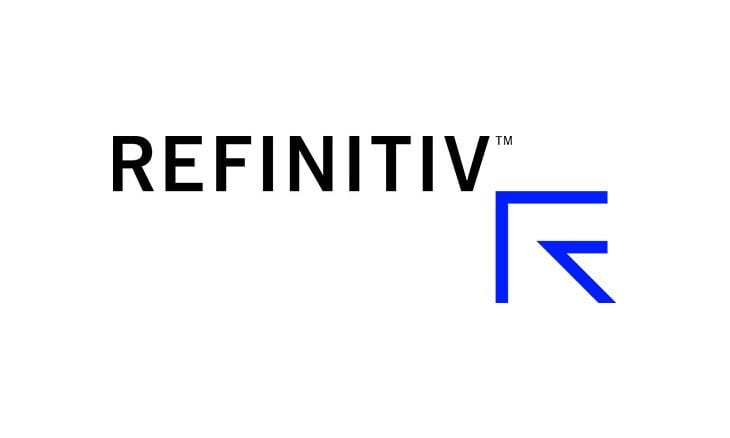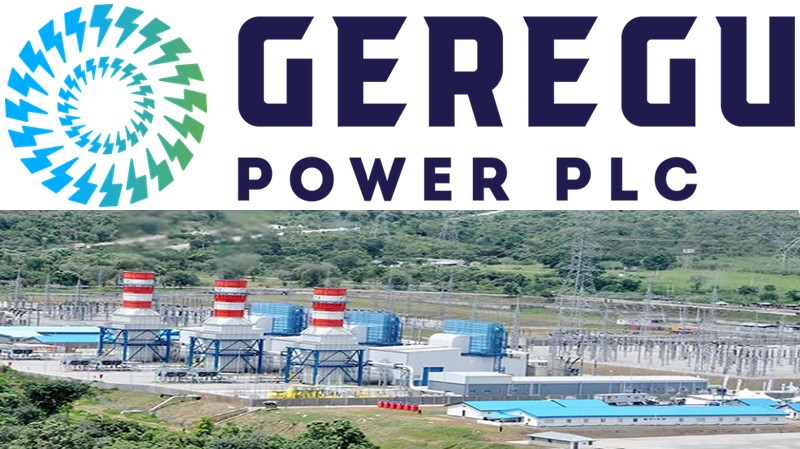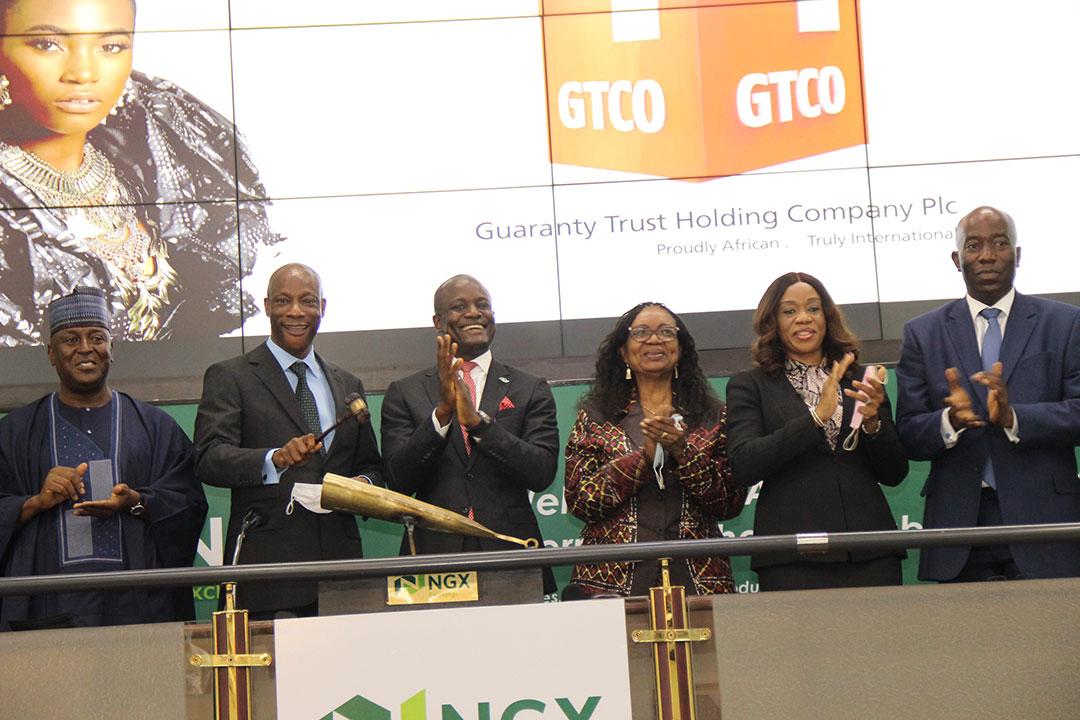Refinitiv, a London Stock Exchange Group (LSEG) business, announced today the launch of the Refinitiv Satrix South Africa Inclusion and Diversity (I&D) index.
In collaboration with Satrix, a leading provider of index-tracking solutions in South Africa, the new index offers an innovative benchmark for investors wishing to commit capital to companies that actively invest and promote I&D values across their business operations. The index tracks the total return of select publicly traded equities with high I&D scores on the Johannesburg Stock Exchange.
Over a five-year period, the Refinitiv Satrix South Africa D&I index’s annualised return earned 6.56 per cent outperforming the Refinitiv South Africa Total Return Index that recorded 4.65 percent during the same period. In 2020, the Refinitiv Satrix I&D index achieved a return of 3.46 percent in 2020 as compared to -1.96 percent by the Refinitiv South Africa Total Return Index over the same period. The historic data points illustrate the promising prospects of investing in diversity and inclusion across the African continent.
Nadim Najjar, Managing Director, Middle East and Africa (MEA), Data and Analytics, London Stock Exchange Group, said: “As the private sector looks for active and meaningful participation in the mainstream economy, we are seeing more financial inclusion programs integrated with corporate business strategies across the continent. The index benchmarks the key Broad-Based Black Economic Empowerment (B-BBEE) scores that are crucial for the long-term socio-economic growth.”
“We are proud to launch the new index in collaboration with Refinitiv. The Satrix Inclusion and Diversity ETF is based on sound investment principles, and the fund is also aligned with Satrix’s deep commitment to diversity and inclusion. A PwC 2020 report on executive directors indicated that women make up only 6% of CEOs of Johannesburg Stock Exchange (JSE) listed companies. This is a clear example of why South Africa needs an inclusion and diversity ETF that will allow investors to invest in the change they want to see on the JSE,” added Siyabulela Nomoyi, portfolio manager of the Satrix Inclusion and Diversity (I&D) index.
The financial sector holds the largest weight in the index with 34.1 percent, followed by basic materials (20.8 percent), Consumer Cyclicals (12.7 percent), Consumer Non-Cyclicals (12.5 percent), and technology (7.2 percent). The remaining sectors include real estate, energy, healthcare and industrials.
About Refinitiv Satrix South Africa I&D index
The Refinitiv South Africa D&I Index uses the same methodology as Refinitiv D&I index except for Broad-Based Black Economic Empowerment (B-BBEE) scores which are unique to South Africa. The B-BBEE scores are part of Refinitiv’s Environment Social and Governance (ESG) data. The constituents’ universe includes Equities and Global Depository Receipts traded on Johannesburg Stock Exchange. To construct the parent index, the universe then follows rules applied to Refinitiv Global Equity Indices (RGEI), which are free float adjusted market capitalization weighted indices, with the following inclusion criteria:
• A minimum 15% free float (companies are dropped if free float falls below 10% after inclusion);
• A minimum of 3 months trading history;
• Companies with multiple international listings are included on the basis of country of incorporation, security’s primary listing and volume. In most cases, the country of incorporation is same as primary listing. For few exceptions where the country of incorporation is not where the security has the primary listing, Refinitiv uses the security’s primary listing to determine membership.
• Various liquidity measures are used to ensure illiquid companies are not included in the index, and all constituents need to satisfy the following criteria:
o Be part of the top 99.5% of the free float market capitalisation of the exchanges under consideration;
o Be part of the top 99.5% of the average trading value of the exchanges under consideration;
o Trade on at least 80% of trading days; and
o Have a minimum unadjusted market cap of US$150mn and free float adjusted market cap of US$75mn
For a complete description of the index rules, please refer to the methodology for Refinitiv Global Equity indices, here
The parent index follow the same rebalance schedule as Refinitiv Satrix South Africa D&I Index.


 Forex2 weeks ago
Forex2 weeks ago


 Naira1 week ago
Naira1 week ago
 Naira4 weeks ago
Naira4 weeks ago
 Company News4 weeks ago
Company News4 weeks ago




 Naira1 week ago
Naira1 week ago




 Naira3 weeks ago
Naira3 weeks ago
 Billionaire Watch7 days ago
Billionaire Watch7 days ago




 Naira6 days ago
Naira6 days ago





















